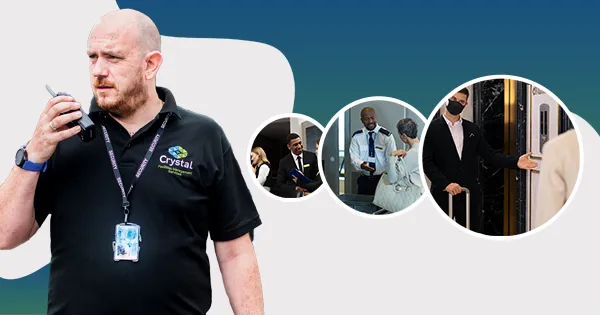The hospitality industry thrives on trust, comfort, and safety. Whether it’s a luxury hotel, a boutique bed-and-breakfast, or a bustling resort, the safety of guests is paramount. In an era of rising security concerns and heightened health awareness, hospitality providers must adopt proactive and proven strategies to safeguard their establishments.
1. Conduct Thorough Risk Assessments
Before implementing safety measures, it’s essential to identify potential risks. This includes analyzing entry points, high-traffic areas, and places where guests and staff interact the most. Regular assessments help uncover vulnerabilities and provide a foundation for targeted safety strategies.
2. Implement Professional Security Services
Hiring trained personnel through a reputable security service can significantly enhance a property’s protective measures. From CCTV monitoring and access control to on-site guards, having a dedicated security presence acts as both a deterrent and a quick-response mechanism to incidents.
3. Maintain Hygiene Through Deep Cleaning
Health safety is now as important as physical security. Implementing deep cleaning protocols ensures that guest rooms, dining areas, and communal spaces are free from harmful pathogens. This not only protects guests but also boosts their confidence in the establishment’s commitment to cleanliness.
4. Train Staff in Emergency Protocols
Employees should be regularly trained in emergency response procedures such as fire drills, evacuation plans, and handling medical emergencies. Providing this training empowers staff to respond swiftly and efficiently during crises, ensuring guest safety at all times.
5. Use Technology to Enhance Safety
Smart surveillance systems, keycard access controls, and mobile alerts can streamline and strengthen safety procedures. These technologies also allow for faster communication in emergencies, improving overall responsiveness.
6. Ensure Safe Maintenance Practices
Regular building maintenance helps prevent structural hazards, water leaks, and electrical issues. Keeping facilities in top shape not only enhances guest experience but also eliminates potential safety concerns stemming from negligence.
7. Monitor and Adapt
The safety landscape is continually evolving. Hospitality providers must stay updated with local regulations and industry standards, adjusting their protocols as necessary to address new threats and expectations.
Conclusion
Protecting guests is not just about ticking off compliance checklists—it’s about building a reputation of reliability and care. By integrating robust security services and rigorous cleaning practices, the hospitality industry can create a true fortress of safety where guests feel valued and protected.


